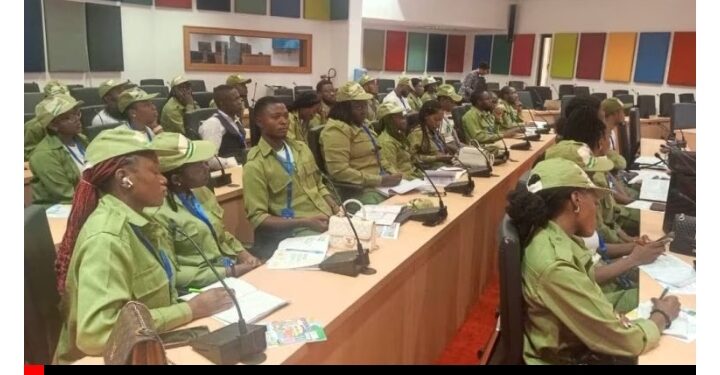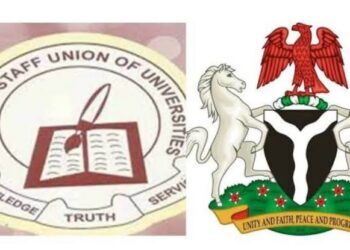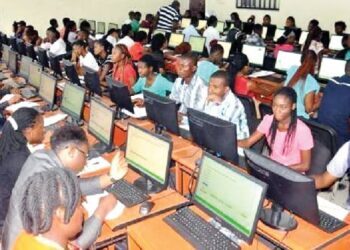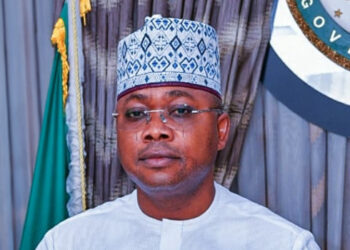The World Intellectual Property Organisation (WIPO) of the United Nations (UN) has said that Nigeria is still missing out of the over $73trn Intellectual Property wealth in the country.
The Director, WIPO-Nigeria, Mr. Oluwatobiloba Moody, said this in Abuja at the maiden Intellectual Property (IP) Programme in partnership with the National Youths Service Corps (NYSC).
The programme which is a pilot scheme is aimed at empowering young Nigerians towards advancing economic development through IP.
Moody said that Nigeria was losing financially because of its inability to capture intellectual property despite its abundance and viability.
“Nigeria is losing because there is a huge creation of wealth in the space of intangible assets which the country is not fully tapping into. This is because we are not capturing this wealth through intellectual property such as the value of patents, copyrights among others.
“The value of intellectual property is constantly on the rise. Globally in 2021, the estimated value of intangible assets was worth $73 trillion dollars and, I do not think we are capturing one per cent yet we are contributing majorly to the trillions and we are losing a lot of money,” Moody said.
He said that the essence of the programme is to shift from the normal norm of given talks or train Corp members on trade, but to also enable the youths contribute to the development of the communities where they have found themselves.
The National Coordinator of the pilot programme, IP Skills, Acquisition, Learning, And Youth Entrepreneurship, Obichi Obiajunwa said that no fewer than 50 corps members in the FCT were selected.
According to him, this is to enable them to identify challenges and then create innovations using technological solutions.
He said that while the pilot phase is for corps members in Abuja, it would be scale it up to other states by next year.
“The corps members are the participants in this programme. About 50 of them would be trained between three and four months. We are going to get them exposed to the environment where they have been posted to enable them to create innovations to tackle challenges using technological solutions.
“At the end of the programme, it is hoped that they will create start-ups, businesses, and innovation-driven enterprises. We will be engaging stakeholders and bringing in investors to make this work. The NYSC members would be exposed to investors following their creation of technologies. We will guide and mentor them through this process,” Obiajunwa said.











